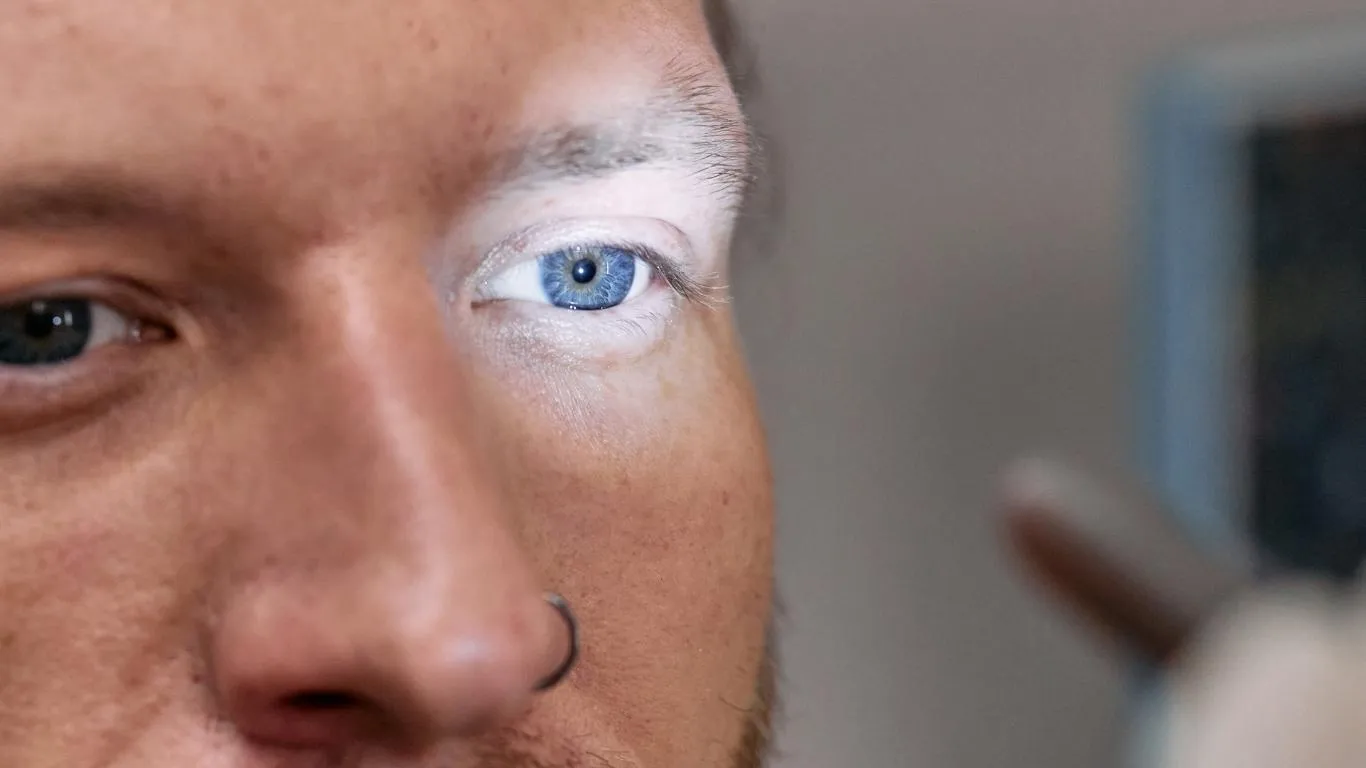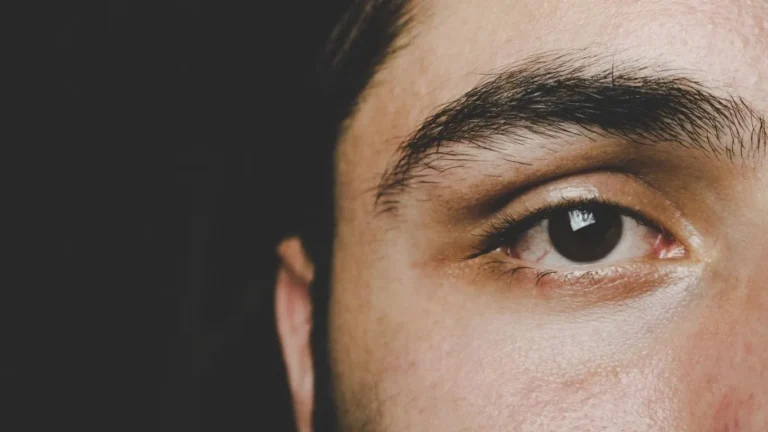Difference Between Floaters And Dry Retina: What Your Eyes Are Telling You
A few months ago, I remember sitting in my living room, staring at a white wall, and suddenly noticing these odd, squiggly shapes drifting across my field of vision. They weren’t bugs or dust, but these weird translucent blobs that seemed to float with my eye movements. I blinked, rubbed my eyes, and they were still there. Welcome to the world of eye floaters. But here’s the thing—what I initially thought were just floaters turned out to be something else entirely: signs of retinal dryness. Understanding the difference between floaters and dry retina is not just important—it could protect your vision.
What Exactly Are Eye Floaters?
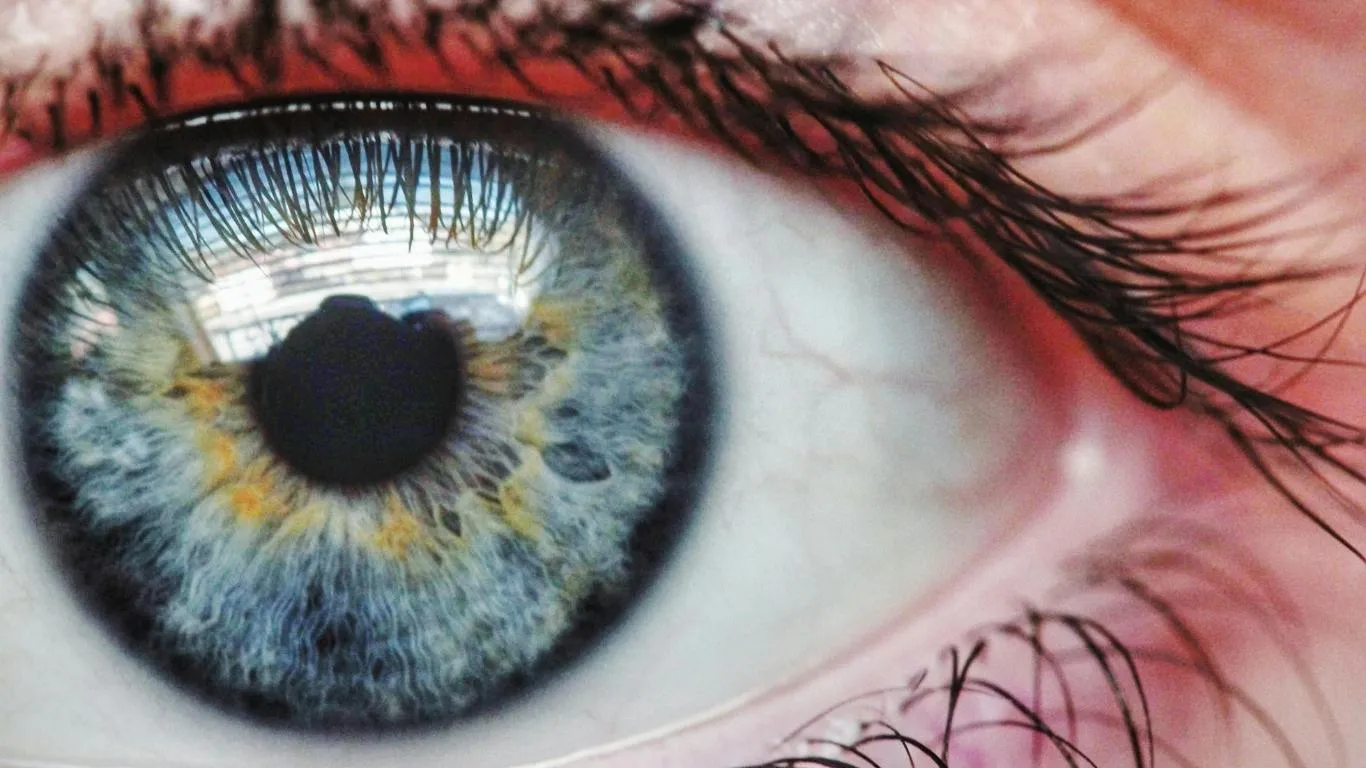
Floaters are one of those quirky visual phenomena that almost everyone experiences at some point. They appear as shadowy dots, thread-like strands, or cobweb-like shapes that drift across your field of view. They’re more noticeable when you’re looking at a bright, plain surface—like a clear sky or a white screen. And for most people, they’re harmless. But where do they come from?
These floaters are essentially tiny bits of protein or collagen fibers that clump together inside the vitreous humor—the gel-like substance that fills the eye. As we age, the vitreous begins to shrink and liquefy, pulling away from the retina and forming floaters. This condition is called posterior vitreous detachment (PVD), and it’s a common cause of floaters, especially in people over 50. You can learn more about posterior vitreous detachment and how it develops.
So, What’s a Dry Retina?
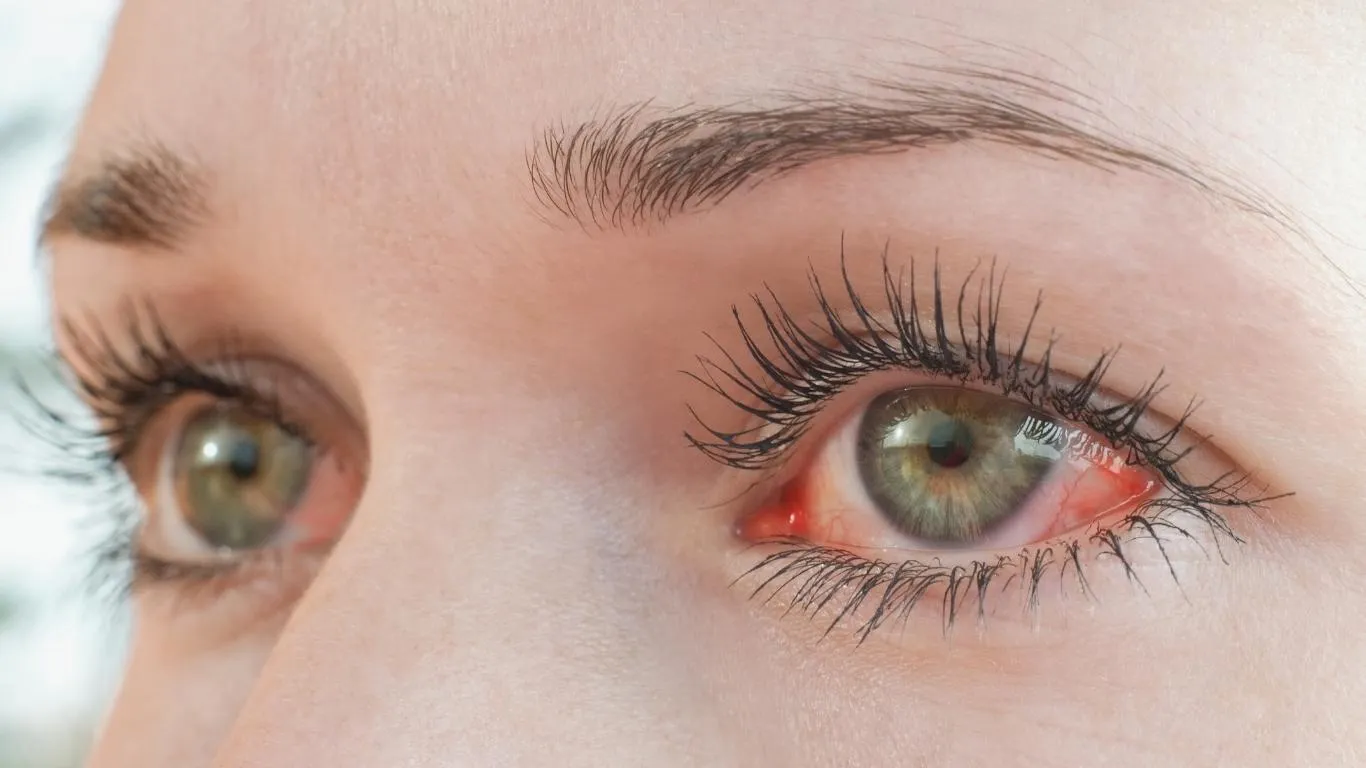
Now let’s flip the script. While floaters are about what’s floating in the vitreous, a dry retina involves the retina itself—a crucial layer of tissue at the back of your eye that senses light and sends signals to your brain. When the retina becomes dry, it can lead to blurred vision, discomfort, and even long-term damage if left untreated.
Dryness in the retina isn’t as widely discussed as floaters, but it can be equally problematic. It’s often related to systemic dehydration, aging, or eye strain. In some cases, it can be triggered by certain medications or medical conditions. I once went through a phase where I wasn’t drinking nearly enough water, and my screen time was through the roof. The gritty, uncomfortable sensation in my eyes made it obvious something was off. Turns out, dehydration doesn’t just affect your body—it can mess with your eyes, too.
Key Differences Between the Two
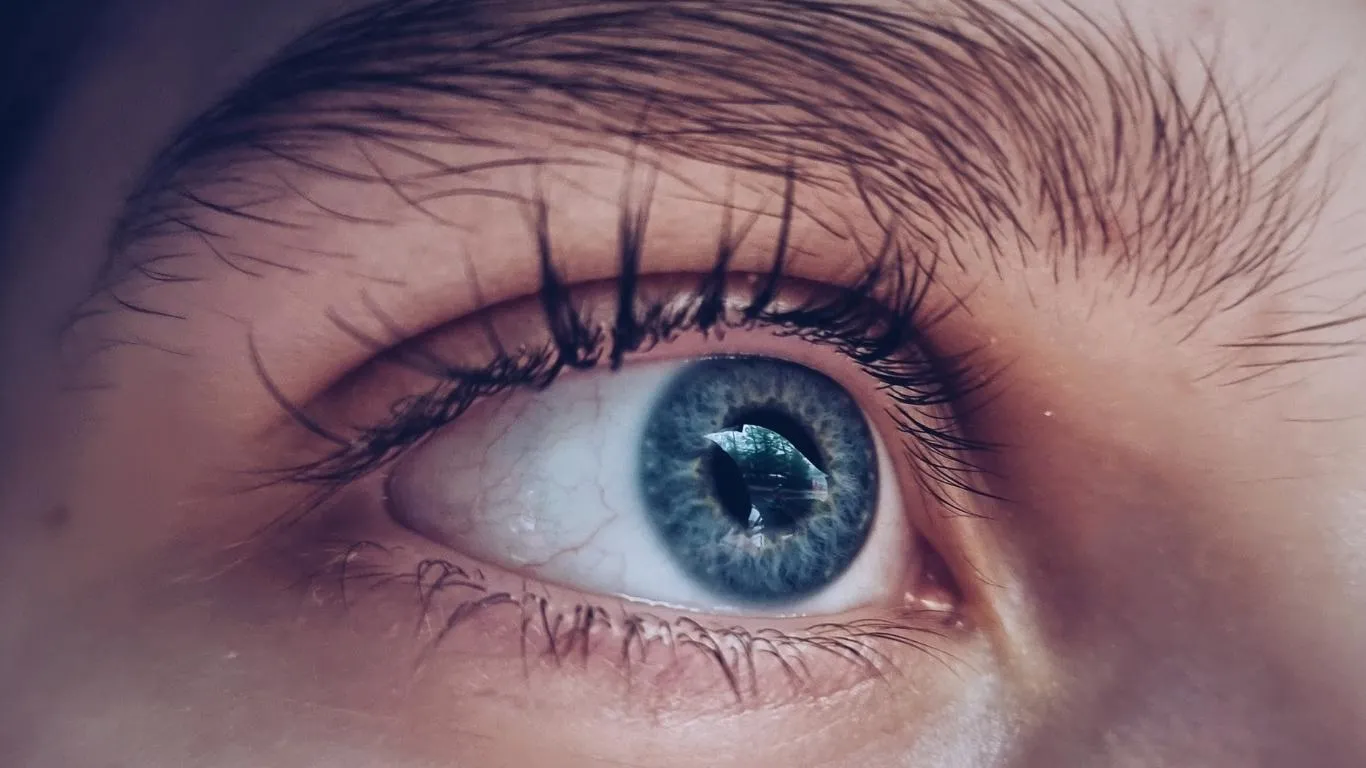
- Source: Floaters come from the vitreous humor; dry retina issues stem from the retinal layer.
- Symptoms: Floaters are visual artifacts (spots, threads); dry retina causes blurred vision and eye discomfort.
- Triggers: Floaters are often age-related or caused by trauma; dry retina is commonly linked to dehydration or systemic issues.
- Appearance: Floaters “move” with your eye; dryness affects clarity but doesn’t produce visible shapes.
When Should You Worry?
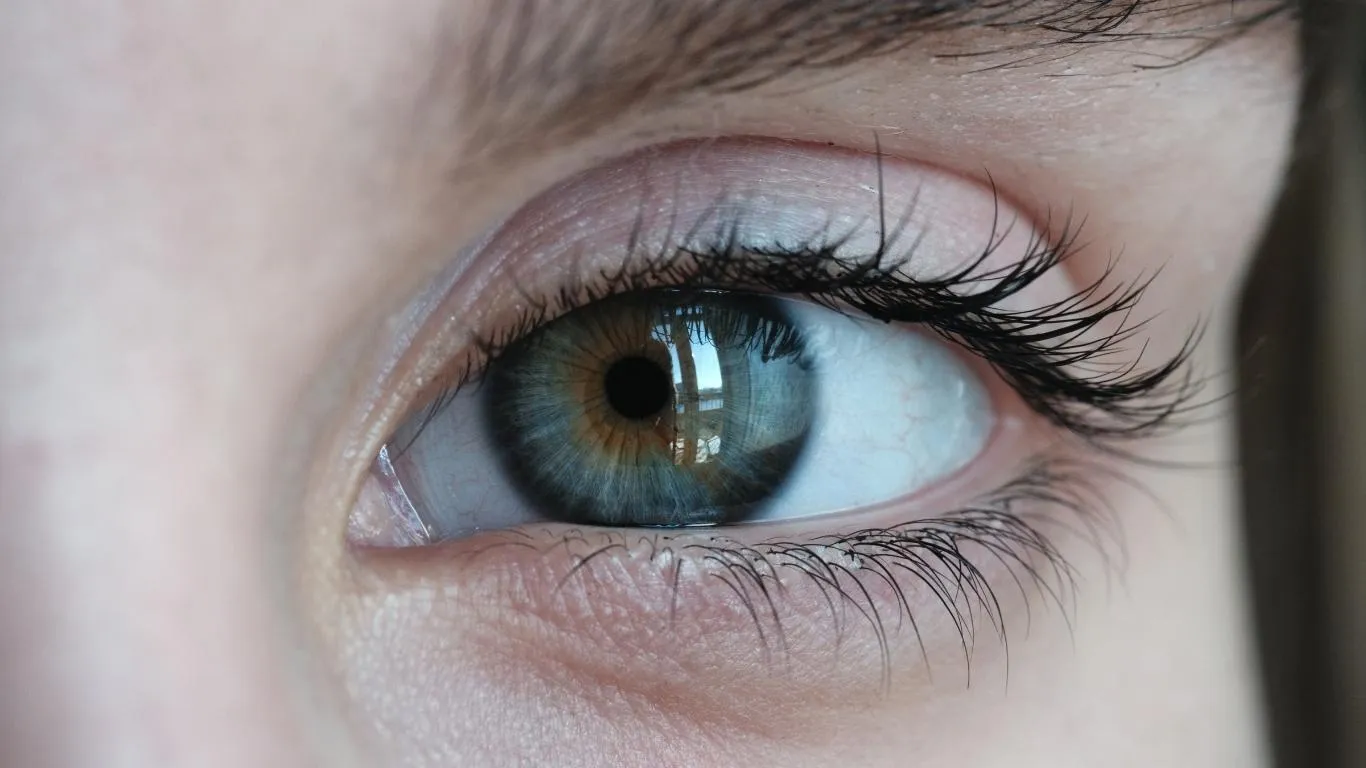
Here’s the tricky part: both floaters and a dry retina can affect your vision—but in different ways. The danger comes when people confuse one for the other, or worse, ignore the symptoms altogether. Floaters that suddenly increase in number, or come with flashes of light, could indicate a retinal tear or detachment. Meanwhile, persistent eye dryness could be an early sign of retinal thinning or macular degeneration.
In my case, floaters were just floaters—but my friend wasn’t so lucky. He ignored his floaters for weeks until he noticed a curtain-like shadow creeping into his peripheral vision. Turned out he had a small retinal tear. Caught just in time, thankfully.
How to Tell the Difference at Home
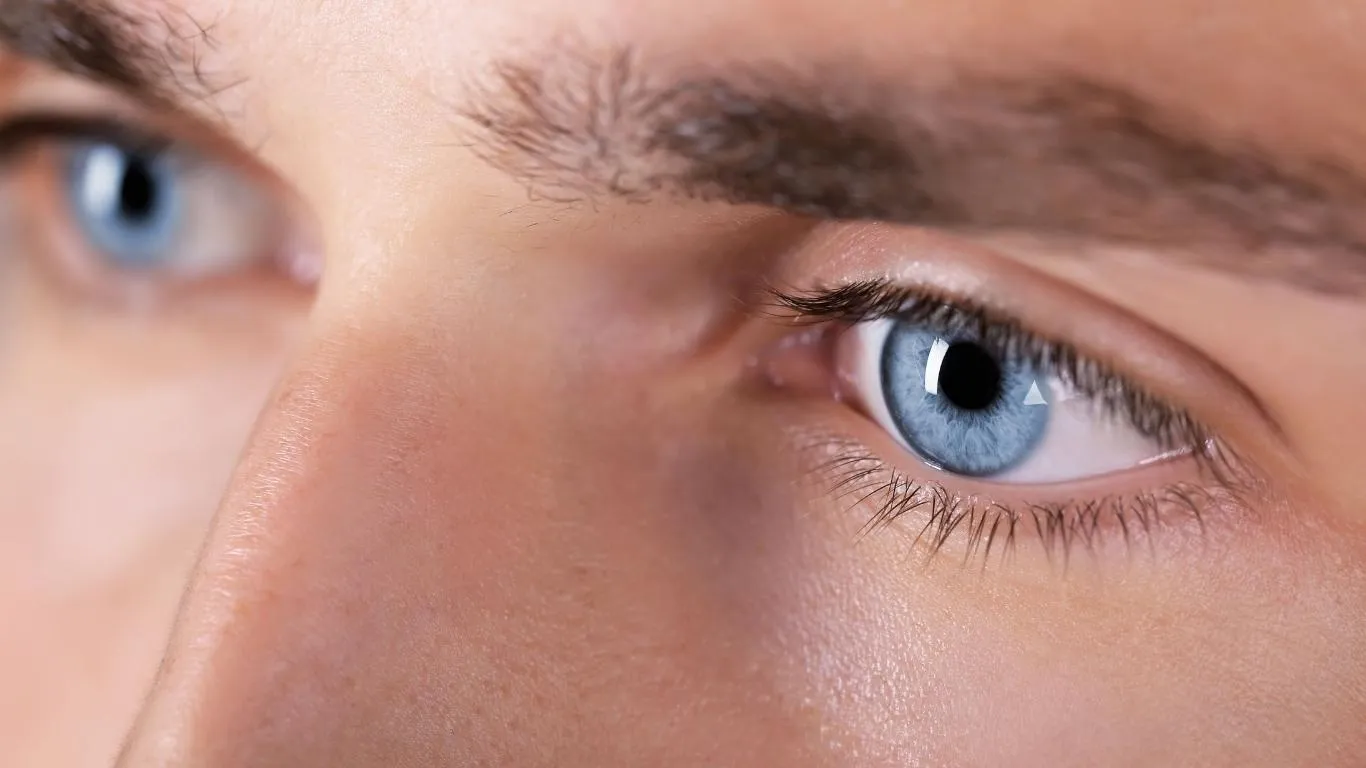
It’s not always easy to distinguish floaters from dry retina symptoms, especially if both conditions are mild. However, here are a few things you can do:
- Close one eye at a time: Do the floaters move or stay in place? Floaters usually drift when your eyes move.
- Check under bright light: Floaters often become more visible under bright light or against white backgrounds. Bright light can amplify them.
- Assess for dryness: Burning, gritty feeling, or blurriness may suggest dehydration or screen fatigue.
- Use lubricating drops: If your symptoms improve with artificial tears, it’s likely a dryness issue—not floaters.
Getting the Right Help
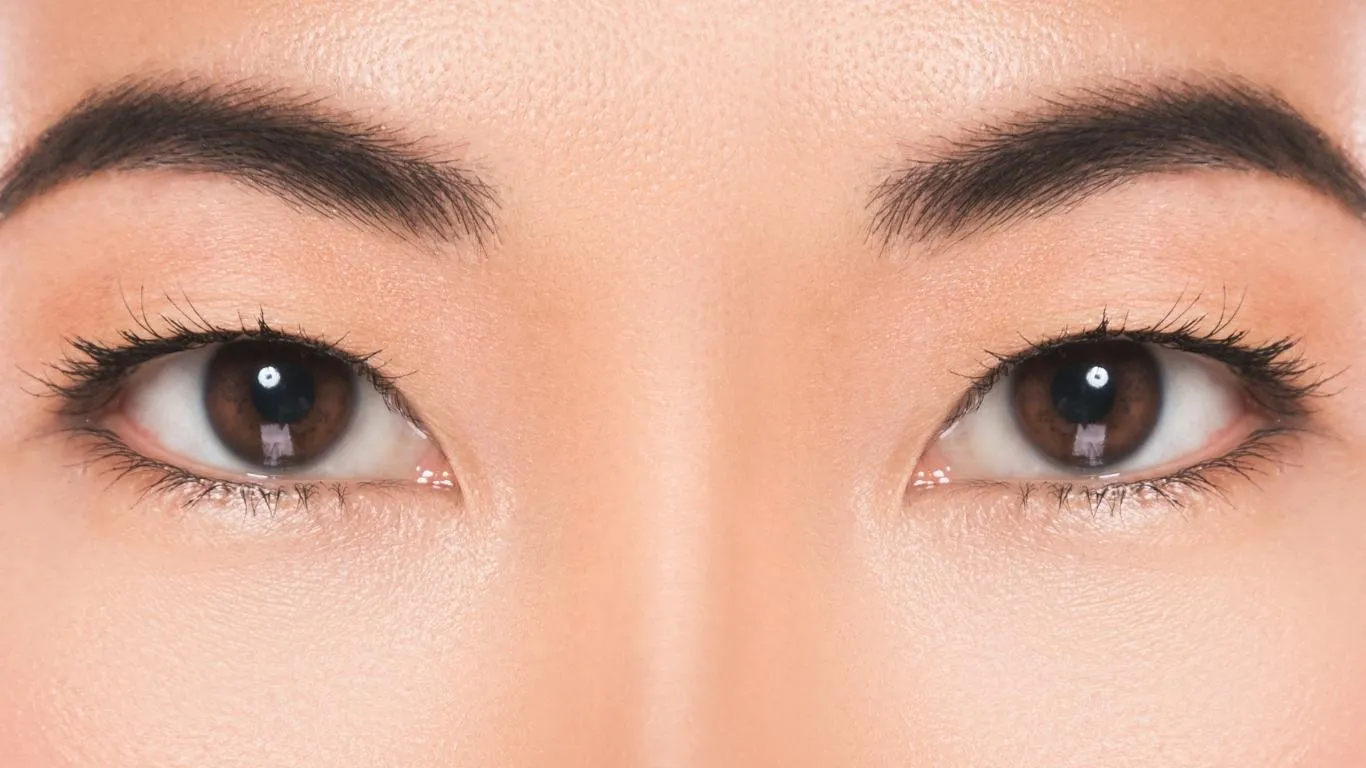
If you’re unsure whether you’re dealing with floaters, dry retina, or something more serious, don’t guess—get an eye exam. Eye health isn’t something to play around with. Whether it’s a new onset of floaters or a strange dryness you can’t shake, catching problems early is key. Treatments for both issues vary. While floaters often need no intervention unless they become severe, dry retina might require hydration, nutrition changes, or even prescription drops.
For a more comprehensive breakdown of floater-related concerns and how to differentiate them from other eye conditions, this guide is incredibly useful. It outlines symptoms that often overlap and those that are red flags.
To dive deeper into the root causes, management strategies, and long-term care options for eye floaters, visit our detailed guide on what are eye floaters. For broader understanding across multiple causes and when to worry, our pillar resource ties it all together.
Authoritative Resources: American Academy of Ophthalmology, NCBI, and CDC offer medically reviewed facts if you’re seeking trusted health data.
How Lifestyle Impacts Floaters and Retinal Dryness
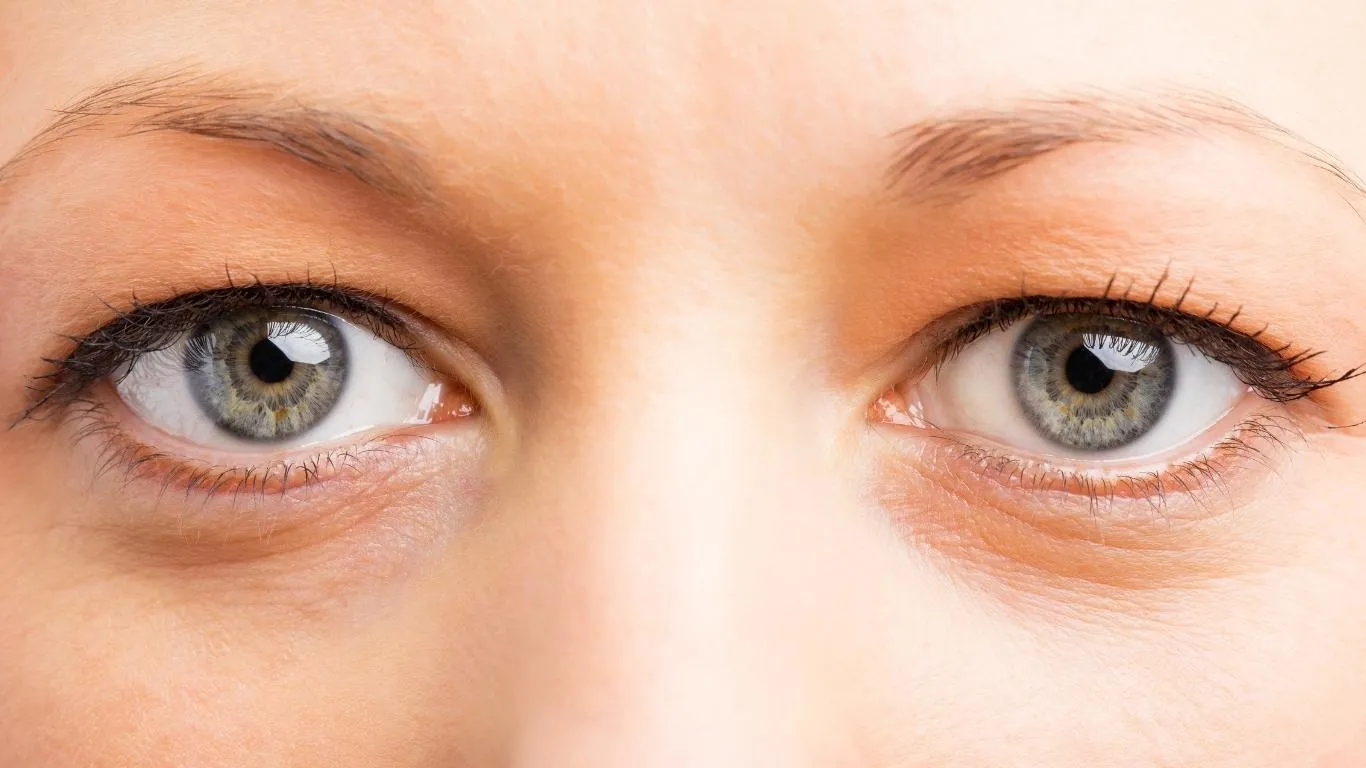
Believe it or not, the choices we make every day—how long we stare at screens, what we eat, how much water we drink—can directly influence both eye floaters and retinal dryness. I noticed a big difference myself when I started drinking more water and cutting back on late-night screen time. My eyes felt less fatigued, and those persistent dry spots weren’t nearly as bad.
For those who spend hours behind a computer or constantly scroll through their phones, eye strain becomes a major culprit. Pair that with poor lighting or dry indoor air, and you’re practically inviting retinal dryness to settle in. And yes, you guessed it—screen time can make floaters more visible too. Explore more in how screen time affects floaters.
Hydration and Diet: More Powerful Than You Think
When I started paying more attention to hydration and added omega-3s to my routine (hello, flaxseed oil), not only did my eyes feel more refreshed, but I also noticed fewer floaters over time. While floaters don’t just “go away,” nutritional support can improve overall eye health.
- Drink at least 8 glasses of water daily to support vitreous fluid stability.
- Include eye-friendly foods like spinach, kale, salmon, and eggs rich in lutein and zeaxanthin.
- Avoid excessive caffeine—it’s dehydrating and can make both floaters and dry retina symptoms worse. Here’s why.
Is Stress Making Things Worse?
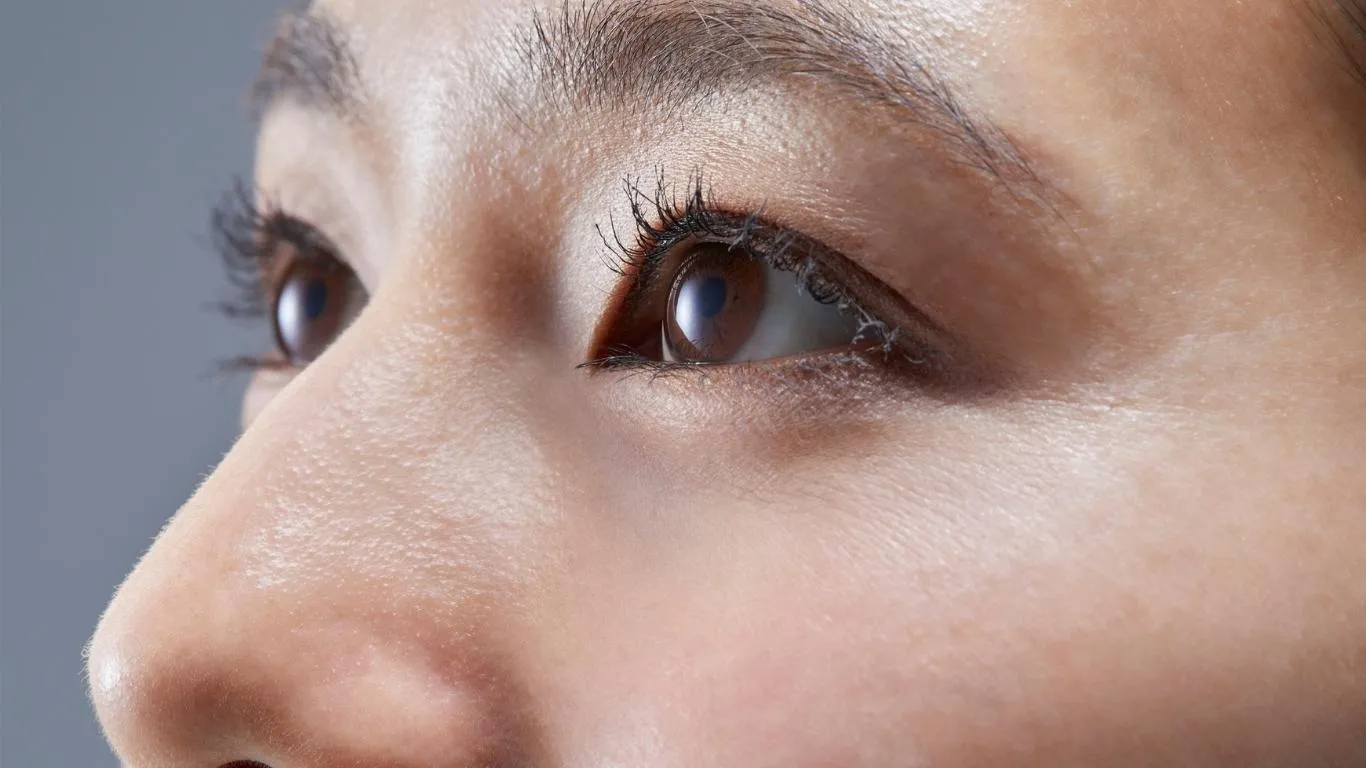
This one might surprise you—stress plays a role in almost every aspect of our health, and our eyes are no exception. During a particularly stressful work project, my floaters became more noticeable. Coincidence? Not really. There’s growing evidence that stress can worsen the perception of floaters and even trigger inflammatory responses in the eyes.
You might want to read how stress makes floaters more noticeable. It’s not just about what you see—it’s how your brain processes what you see. Stress also contributes to eye dryness by reducing blinking rate and tear production.
Eye Drops vs. Natural Remedies
When my optometrist recommended artificial tears, I wasn’t thrilled at first. But I gave them a shot. The relief was instant. Still, not all drops are created equal. Avoid anything with preservatives if you plan on using them long-term. Some users swear by natural remedies, and while some may work (like warm compresses or herbal teas), always double-check with your eye doctor.
If you’re navigating dryness after an eye infection or medical procedure, this guide on reducing floaters post-infection also shares tips that can ease retinal irritation.
When Medications Are the Culprit
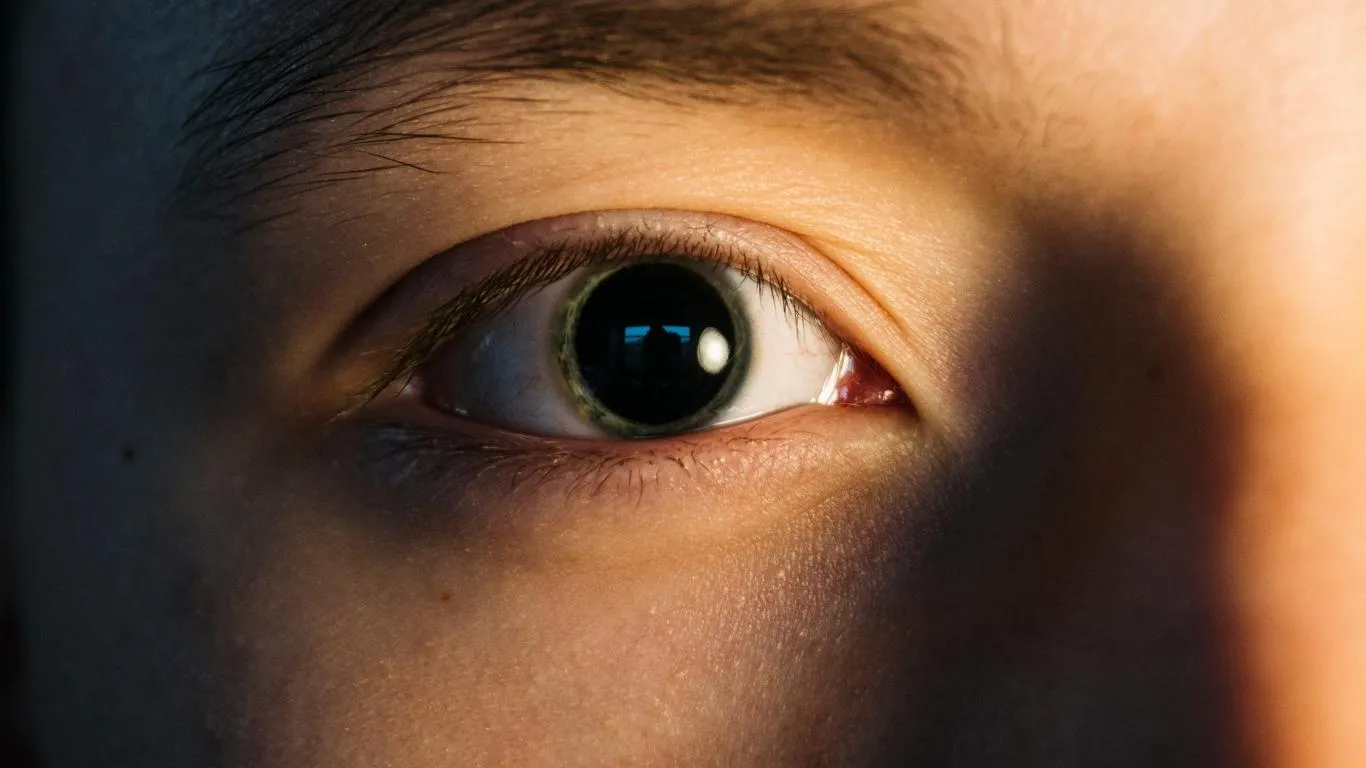
Let’s talk meds. Some eye drops and oral prescriptions—especially steroids or antihistamines—can dry out your eyes significantly or even trigger floaters. I learned this the hard way after a round of strong allergy meds. My eyes felt like the Sahara, and the floaters seemed more pronounced. Coincidence? Turns out, it’s a common complaint.
In fact, medications are often overlooked when evaluating eye symptoms. Read up on how steroid eye drops might contribute to floaters, or how glaucoma medications may intensify symptoms.
Is It Time to See a Specialist?
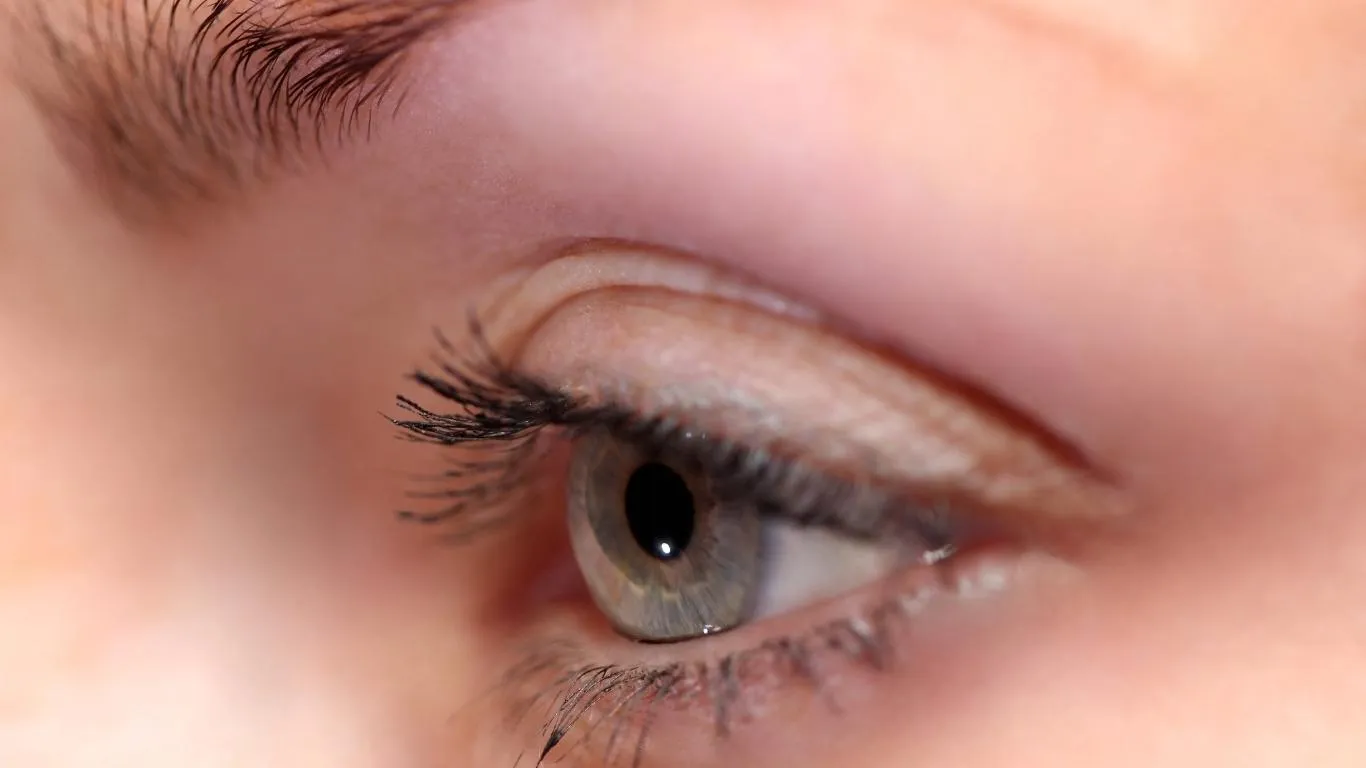
If you’ve noticed a sudden increase in floaters, or your eyes feel consistently dry and irritated, don’t wait. Especially if floaters come with peripheral vision changes or light flashes—it could be more than just aging. Your optometrist may refer you to a retinal specialist for a deeper evaluation.
A dilated eye exam, OCT scan, or even a fluorescein angiography can reveal the underlying causes. These aren’t scary procedures, and they’re completely worth it for peace of mind.
And if you’re over 40, vision changes become more common. So, keeping an eye (pun intended) on any new symptoms is smart. Here’s a guide specifically for those experiencing floaters in their 40s—what’s normal, and when you should act.
Tools and Tricks to Help Your Eyes Daily
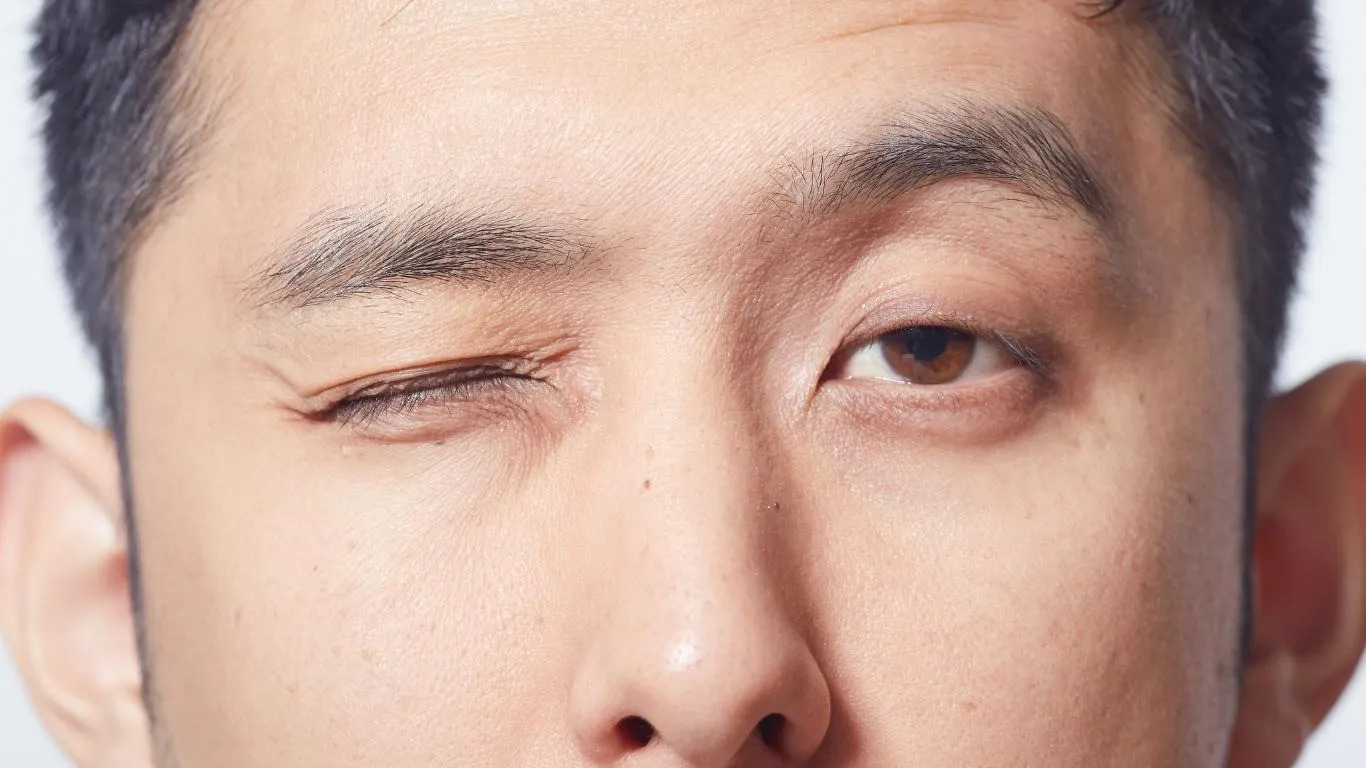
Beyond lifestyle and medical care, small daily changes can support your eyes:
- Use a humidifier during dry seasons or in air-conditioned rooms.
- Try the 20-20-20 rule—every 20 minutes, look at something 20 feet away for 20 seconds.
- Use computer glasses with blue light filters—some users report reduced strain and fewer floaters. Learn more about computer glasses and floaters.
Want to go a little deeper into long-term management options, treatment innovations, and what to do if your symptoms escalate? Don’t miss our main pillar piece on eye floaters vs. other vision issues. It connects the dots between floaters and other eye complications. You can also get a full overview in our foundational guide on eye floater causes and treatment options.
And for those who still aren’t sure what’s going on behind their eyes, don’t stress—we’ve all been there. Just keep watching your symptoms, trust your gut, and talk to a pro when something feels off. Your vision’s worth it.
Sources like Mayo Clinic, NEI, and Cleveland Clinic offer additional in-depth resources on visual health, floaters, and dry retinal issues if you’re hungry for more.

Camellia Wulansari is a dedicated Medical Assistant at a local clinic and a passionate health writer at Healthusias.com. With years of hands-on experience in patient care and a deep interest in preventive medicine, she bridges the gap between clinical knowledge and accessible health information. Camellia specializes in writing about digestive health, chronic conditions like GERD and hypertension, respiratory issues, and autoimmune diseases, aiming to empower readers with practical, easy-to-understand insights. When she’s not assisting patients or writing, you’ll find her enjoying quiet mornings with coffee and a medical journal in hand—or jamming to her favorite metal band, Lamb of God.

